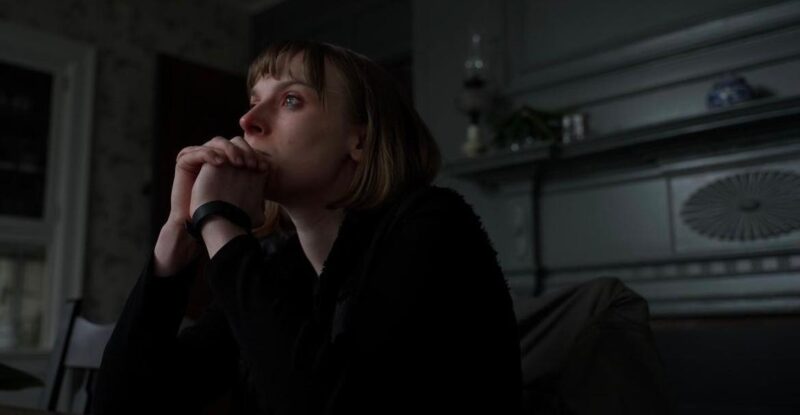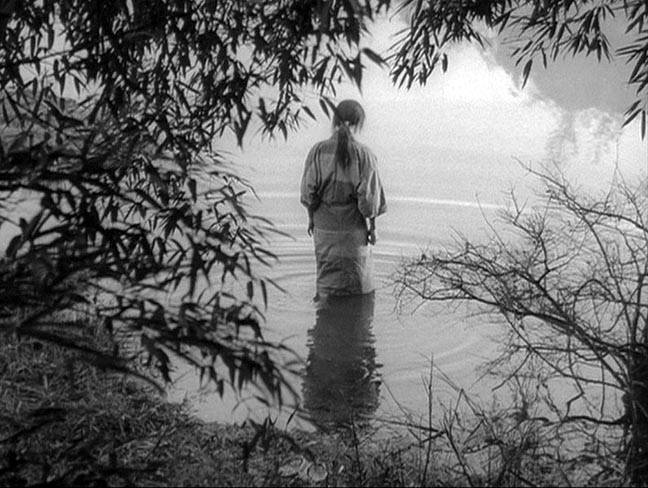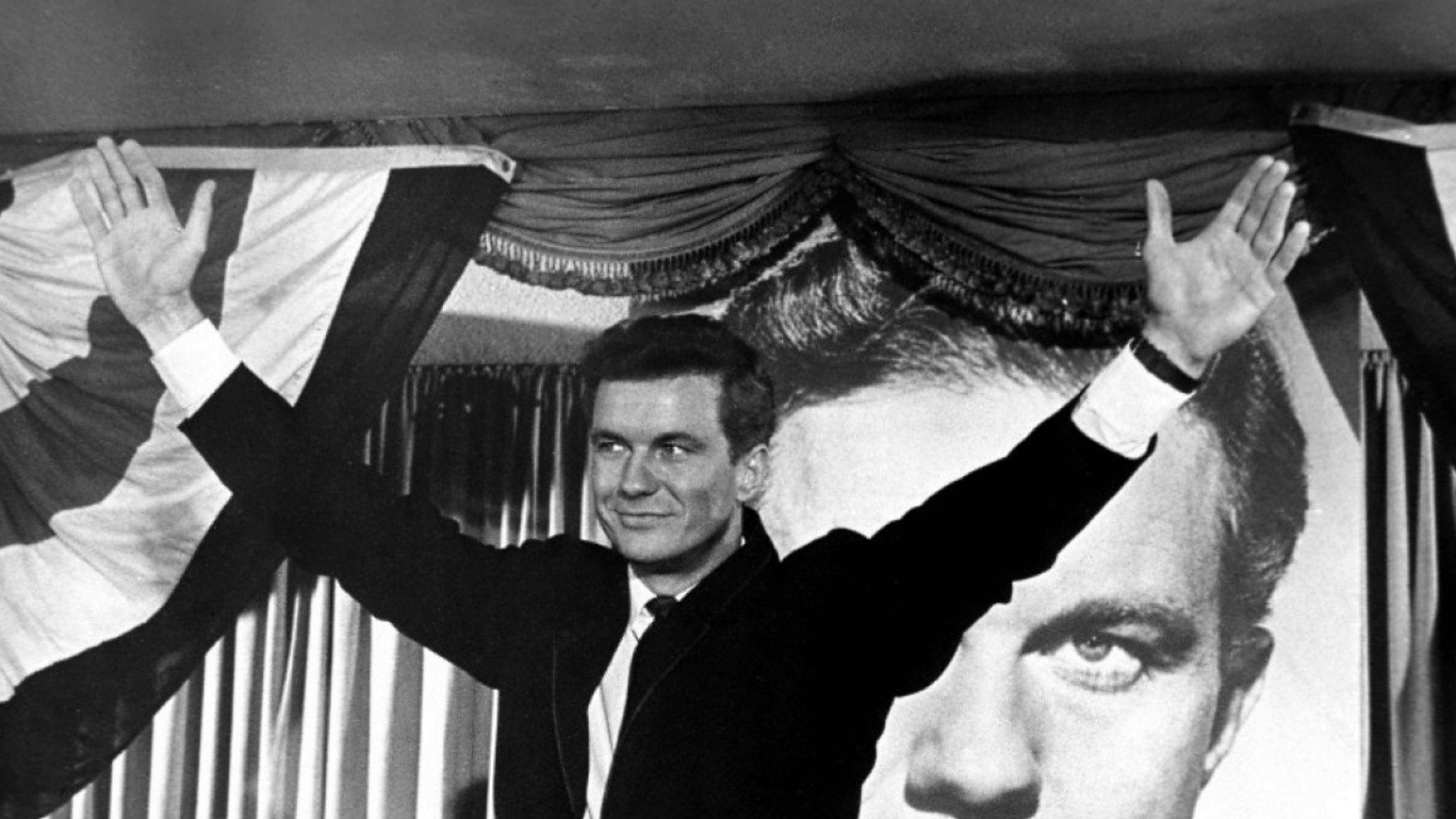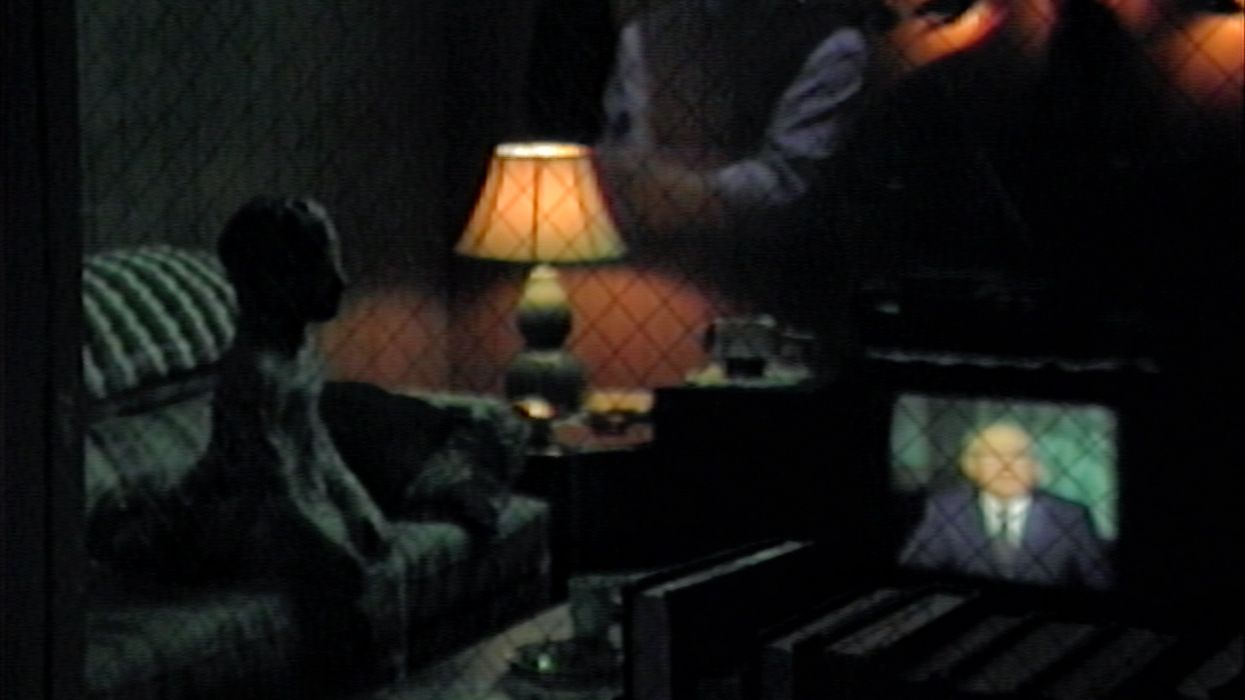 October 1, 2024
MEGALOPOLIS
October 1, 2024
MEGALOPOLIS (Francis Ford Coppola / 2024)
Well, now...

I must say I don't quite really know how to begin with this one! For one thing, I'm not even going to
try making my usual canned plot summary, because I couldn't really do it justice at all. Suffice it to say, it takes place in a kind of alternate-universe mash-up of modern America and the Roman Empire (that is, if the latter had never fallen), and Adam Driver portrays a futurist architect named Cesar Catalina who has a grand vision of a futuristic city whose residency could potentially improve human existence.
The first thing I've got to say is, it's got an awesome cast. I've always liked Adam Driver a lot, and he makes an engaging protagonist here. And it's really cool to see Coppola working with Laurence Fishburne once again, who plays Cesar's driver and assistant. (He's also responsible for the film's narration, which I must say I got strong Morpheus vibes from, although I know that wasn't really Coppola's intention.) Giancarlo Esposito plays Mayor Cicero, who starts out being Cesar's adversary but warms up to him over the course of the story. Of course, part of that has to do with the fact his daughter Julia (Nathalie Emmanuel) has fallen in love with Cesar, and becomes his partner in his dream project. Jon Voight portrays Cesar's rich uncle Hamilton Crassus III, Aubrey Plaza plays Crassus' new wife Wow Platinum, and Shia LaBeouf plays Crassus' treacherous nephew Clodio Pulcher. Also look out for Dustin Hoffman, Talia Shire, and a whole slew of other noteworthies.
My reaction to
Megalopolis is admittedly something of a mixed one. First of all, it's the kind of movie you feel really awestruck by, and even somewhat honored to be in the presence of. Not only is this the kind of movie about which you can say,
"They don't make 'em like this anymore", but it's the kind of grand visionary fever dream that people have rarely had either the bravery or the resources to pull off at all at
any point in cinema history. And for that reason alone, it is to be treasured. It has a genuinely experimental, even borderline-psychedelic quality to it which makes it stand out from practically anything else out there in American multiplexes today. While Coppola definitely avails himself of all the present-day digital FX technology has to offer, it possesses a very loose, improvisatory energy to it (very much reflected in the acting styles sometimes). It also has - and this is truly amazing for a story that was originally conceived in the late '70s - a real
"Where are we now?" quality to it, drawing parallels between the decadence of ancient Rome and where America is today. It deals very much with class struggle, conspicuous wealth, politics and an interrogation into the very definition of "progress". But if that makes
Megalopolis sound like some kind of overly socially conscious, heavily dystopian "message movie," rest assured that while it does have that side to it, it's also weirdly uplifting and you really
do walk out of the theater on a bit of a cloud, feeling like there just might be hope - not only for America, but the world at large. It's the kind of movie that's very forward-thinking
and very entertaining... at least for those who can keep up with it.
Having said that, however, the movie also feels somewhat misshapen and unwieldy at times. Perhaps it's the sort of movie you need to watch more than once. (On second thought, there's no
perhaps about it. I think I
do need to see it again, and I plan to do just that when the 4K release drops.) While there is much about the movie that is a glory to behold, it only loosely holds together, and one often has the impression of watching a very unique and idiosyncratic visionary folly. But hey! Those are often some of the most fascinating types of projects in the history of moviemaking. I myself have always had a strong appreciation of the work of John Boorman, who has always been very much respected as the man who directed classics like
Point Blank (1967),
Deliverance (1972),
Excalibur (1981) and
Hope and Glory (1987), but who has also made quite a few visionary "follies" of his own, such as
Zardoz (1974) and
Exorcist II: The Heretic (1977), that have often caused reviewers to question the man's very sanity. But truth be told, as imperfectly wayward as
Zardoz and
The Heretic are, they still rank among my favorite movies of all time, and overall I'd much prefer watching them over any sane, sober, well-intentioned mainstream package deal that ticks of all the right boxes. And I have no doubt that those people out there who have watched it feel much the some way about Coppola's
Megalopolis.
Sooooooo... the question then becomes. How does this rank in Francis Ford Coppola's filmography. Well, admittedly not having actually
seen each and every one of Coppola's films, I honestly couldn't say. Is it as good as
The Godfather Trilogy (1972-1990),
The Conversation (1974) or the mighty, fearsome
Apocalypse Now (1979). Well... no, not
quite. But comparing this movie to any other film, even Coppola's own, kind of seems unfair, because it's so much its own unique animal. One thing's for sure, if this were to end up being Coppola's final film (although hopefully he might have another in him), I couldn't imagine a better or more representative capstone for such a fascinating career.






 Check out my podcast:
Check out my podcast: 
 I must say I don't quite really know how to begin with this one! For one thing, I'm not even going to try making my usual canned plot summary, because I couldn't really do it justice at all. Suffice it to say, it takes place in a kind of alternate-universe mash-up of modern America and the Roman Empire (that is, if the latter had never fallen), and Adam Driver portrays a futurist architect named Cesar Catalina who has a grand vision of a futuristic city whose residency could potentially improve human existence.
I must say I don't quite really know how to begin with this one! For one thing, I'm not even going to try making my usual canned plot summary, because I couldn't really do it justice at all. Suffice it to say, it takes place in a kind of alternate-universe mash-up of modern America and the Roman Empire (that is, if the latter had never fallen), and Adam Driver portrays a futurist architect named Cesar Catalina who has a grand vision of a futuristic city whose residency could potentially improve human existence.

